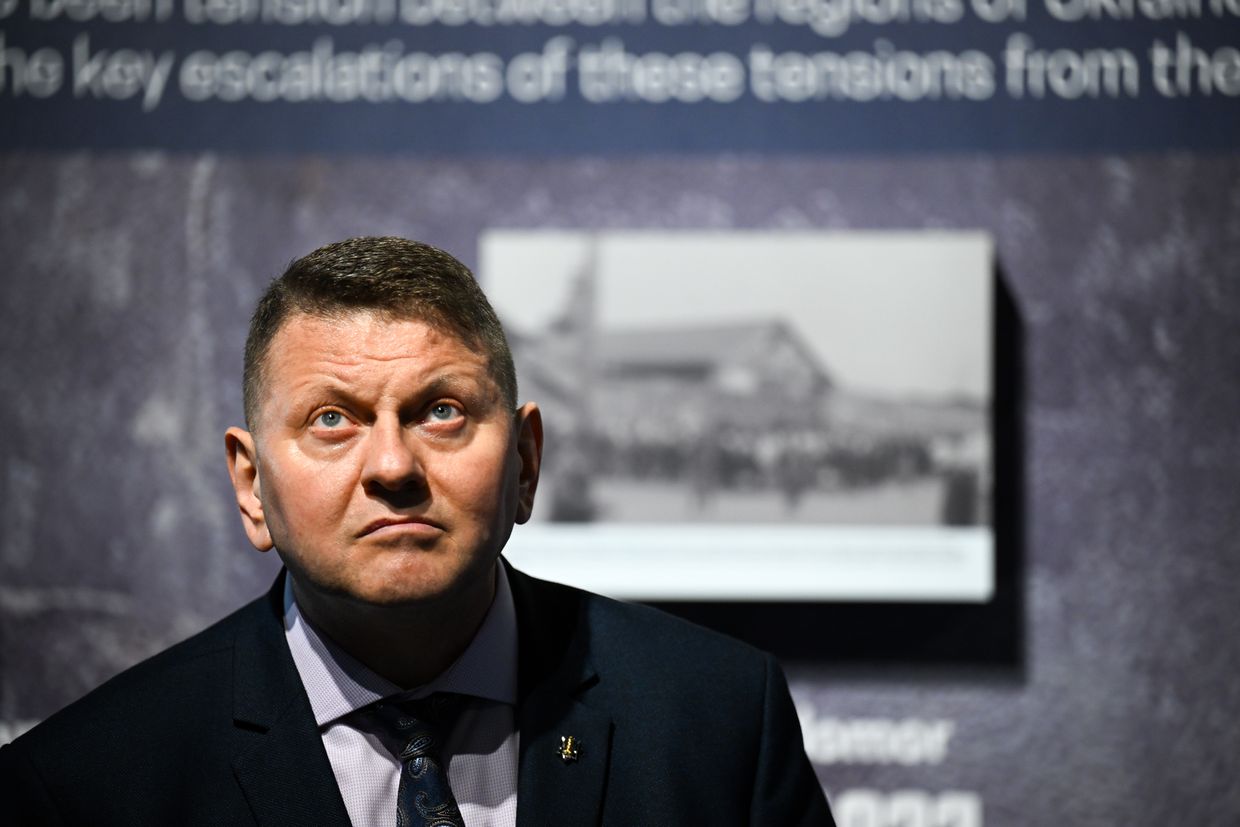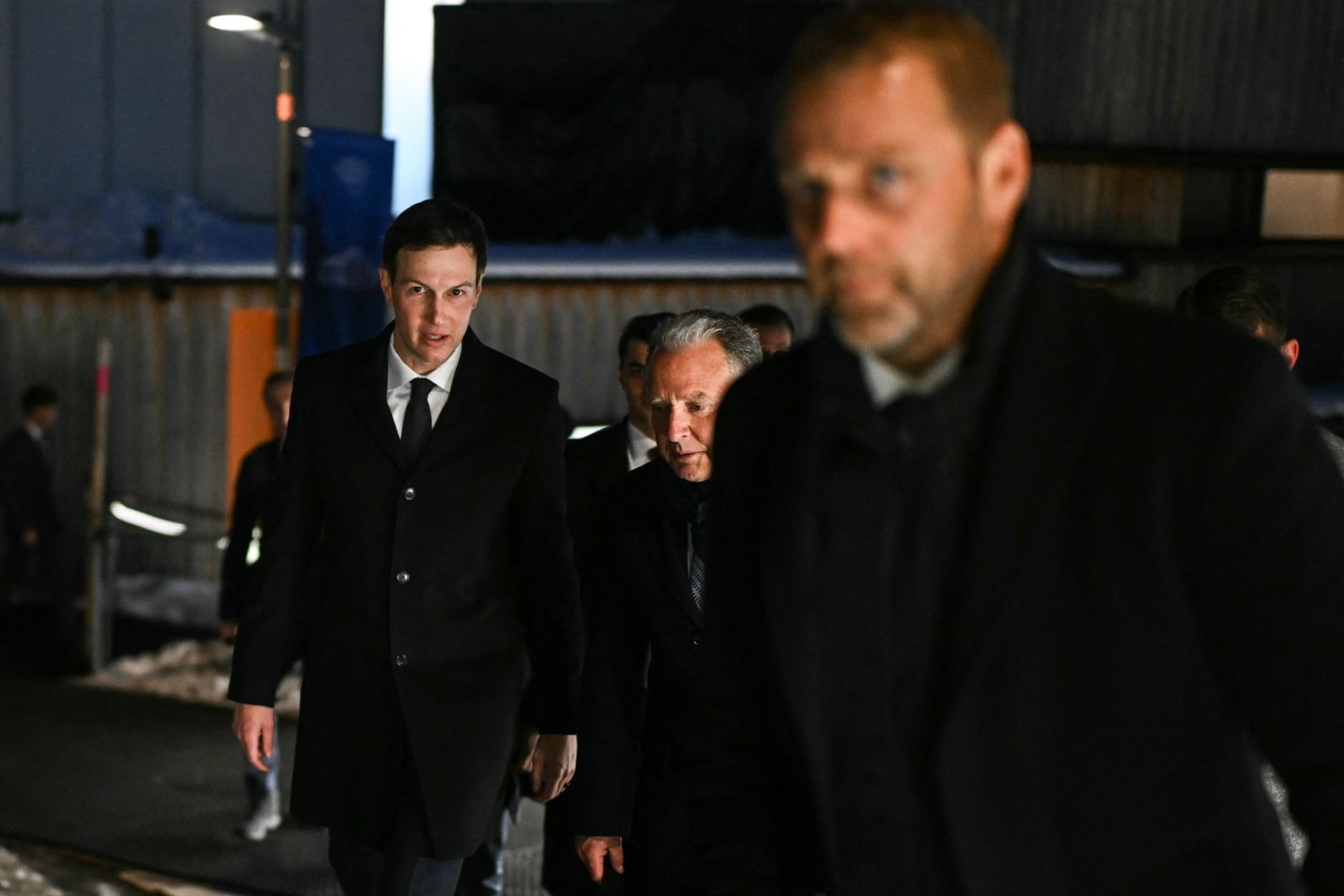US considering withdrawing 10,000 troops from Eastern Europe, NBC News reports

Senior U.S. Defense Department officials are considering withdrawing up to 10,000 troops from Eastern Europe, NBC News reported on April 8, citing six U.S. and European officials briefed on the discussions.
The move would scale back the temporary surge of 20,000 U.S. troops deployed in 2022 to bolster NATO's eastern flank following Russia's full-scale invasion of Ukraine.
U.S. forces are currently stationed across Poland, Romania, and the Baltic states to deter further Russian aggression and reassure allies bordering in the region.
The potential drawdown comes amid renewed pressure from U.S. President Donald Trump and Defense Secretary Pete Hegseth for NATO allies to increase their defense spending and assume more responsibility for Europe's security.
According to NBC, the numbers remain under discussion, but the current proposal would remove as many as half of the additional troops sent after February 2022.
NATO Secretary-General Mark Rutte said earlier that any reduction would be done in close coordination with European allies.
During U.S.-Russia talks in Saudi Arabia, Moscow allegedly demanded a full NATO withdrawal from Eastern Europe as a condition for normalizing relations, the Financial Times reported.
Russia has long accused NATO of threatening its security, citing the alliance's expansion and Ukraine's potential membership as pretexts for its war. President Vladimir Putin has claimed that NATO's presence near Russian borders justifies continued military action.
The debate over U.S. military commitments in Europe comes as NATO faces pressure to raise defense spending targets. Trump has called for increasing the benchmark from 2% to 5% of GDP, far above what most allies currently spend.
Finland's Defense Minister Antti Hakkanen told the Financial Times that European nations must establish a clear plan, in coordination with Washington, to gradually take over more of the continent's defense burden.
However, concerns persist that U.S. support may decline faster than Europe can ramp up its own capabilities.
U.S. Secretary of State Marco Rubio said Trump still supports NATO but expects allies to deliver "a realistic pathway" to reduce reliance on American taxpayers.












